I. The Silent Struggle: When Hemorrhoids Affect More Than Just Your Bottom
Imagine this: You’ve been dealing with the discomfort of hemorrhoids for weeks. But recently, something strange has been happening. You’re feeling bloated, like you’ve swallowed a balloon, and your stomach feels heavy, like it’s dragging you down.
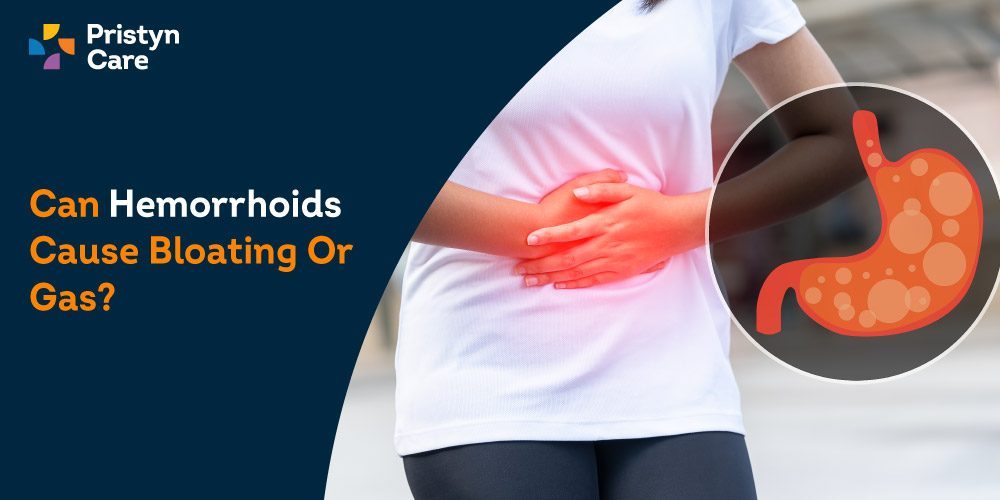
You’ve Googled it: Can hemorrhoids cause stomach pain and bloating?
You’ve likely found conflicting information — some sources say yes, others say no. Your symptoms continue, and your frustration grows. You want answers. You want relief. But most importantly, you want to feel better.
This article is for you — not just to explain the why behind your symptoms, but to provide real solutions for managing them.
II. Understanding the Connection: How Hemorrhoids Can Impact Your Digestive Health
1. What Are Hemorrhoids, Anyway?
Before we dive into the deeper connection between hemorrhoids, stomach pain, and bloating, let’s first define what hemorrhoids are.
Hemorrhoids are swollen veins in the lower rectum and anus, similar to varicose veins. They can be caused by a variety of factors, including straining during bowel movements, chronic constipation, pregnancy, obesity, and prolonged sitting.
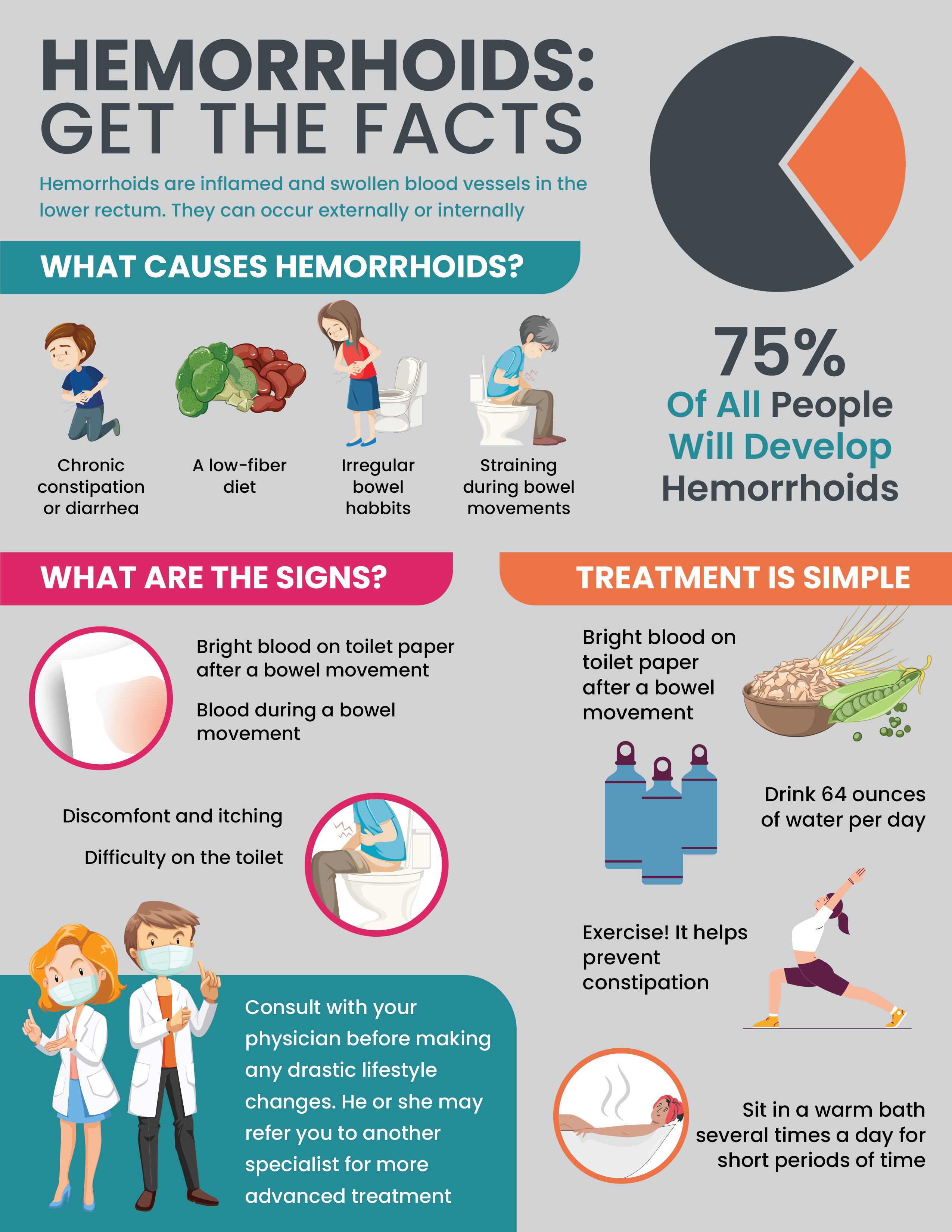
There are two types of hemorrhoids:
Though hemorrhoids are primarily associated with anal discomfort and bleeding, they can cause more systemic issues than people realize — including stomach pain and bloating.
2. The Gut Connection: How Hemorrhoids Impact the Digestive System
You might be asking, how can something happening in your anus cause bloating and stomach pain? The answer lies in your digestive system’s interconnectedness.
When hemorrhoids are present, pressure in the rectal area increases. This added pressure can lead to slower and more difficult digestion, which in turn impacts the rest of the digestive tract, leading to gas buildup, constipation, and bloating.
In addition, the nervous system plays a role in both hemorrhoids and digestive issues. When you experience pain or discomfort from hemorrhoids, stress and anxiety can further disrupt digestion. This mental strain can exacerbate bloating and create a vicious cycle.
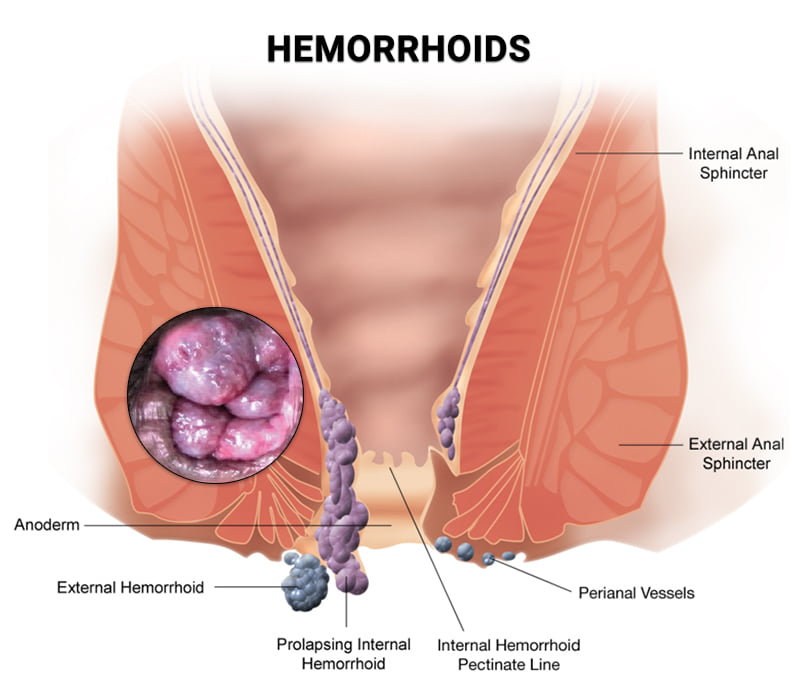
3. The Emotional Toll: How Stress Compounds the Issue
You might not realize it, but stress from dealing with hemorrhoids can trigger gut dysfunction. A study from the Journal of Gastroenterology found that stress and anxiety play a significant role in digestive conditions like irritable bowel syndrome (IBS), which often manifests with symptoms like stomach pain, bloating, and gas.
III. The Hidden Causes: Why Hemorrhoids May Be Linked to Your Stomach Pain and Bloating
So, can hemorrhoids cause stomach pain and bloating? Yes — but it’s often more than just a direct cause. Let’s explore the deeper reasons behind this connection.
1. Chronic Constipation and Slow Digestion
One of the primary causes of hemorrhoids is chronic constipation, which results in frequent straining. This prolonged constipation can also slow down digestion, leading to gas accumulation and bloating. When your body is trying to push out stool, but things are moving slowly, intestinal gas builds up — and that’s when bloating begins.
Additionally, slow digestion means that food stays in the stomach longer, causing discomfort. This can manifest as stomach pain that feels like cramping or fullness.
2. Pressure on the Lower Abdomen
When hemorrhoids are present, they often cause pressure on the lower abdominal area, which can feel similar to bloating or distension. The more pressure exerted in the lower rectum, the more likely you are to feel discomfort in the abdominal region.
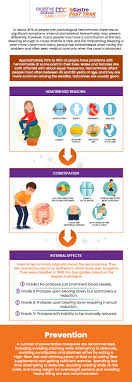
3. Gut Dysbiosis: An Unseen Culprit
Gut dysbiosis — an imbalance of gut bacteria — can also be linked to both hemorrhoids and bloating. The body’s microbiome plays a role in digestion, immune function, and even inflammation. When hemorrhoids are present, there’s a possibility that the body’s inflammatory response extends to other areas, including the gut, causing further digestive issues like bloating and stomach pain.
Real-life Example: Sarah, 34, a health-conscious individual, noticed that after a particularly long bout of constipation due to stress, she started experiencing bloating and discomfort in her stomach. Upon addressing her hemorrhoids with over-the-counter treatments and changing her diet, she found that her stomach issues also improved.
IV. How to Find Relief: Steps to Alleviate Hemorrhoid-Related Stomach Pain and Bloating
Now that we’ve covered the causes, let’s talk about solutions. Here’s how you can find relief fast:
1. Address the Hemorrhoids Directly
The first step in alleviating stomach pain and bloating related to hemorrhoids is to treat the hemorrhoids themselves. Options include:
2. Improve Digestive Health
To relieve bloating and stomach pain, you must also focus on your overall digestive health:
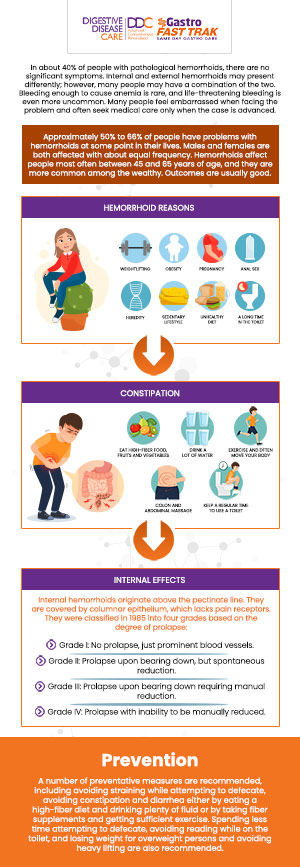
3. Manage Stress and Anxiety
Since stress is a key factor in both hemorrhoid flare-ups and digestive issues, finding ways to reduce stress can make a huge difference. Try:
4. Dietary Adjustments for Immediate Relief
Consider adopting a low-FODMAP diet if you experience frequent bloating. High FODMAP foods can ferment in the gut, causing gas buildup and exacerbating your symptoms. Try to avoid foods like:
5. Seek Professional Help
If you’ve tried these remedies and still experience chronic pain or bloating, it’s time to consult a healthcare professional. A doctor can help rule out other causes and provide more targeted treatments for both hemorrhoids and digestive distress.
V. Take Control: Your Path to Comfort and Healing
The bottom line is this: You are not alone. Hemorrhoids and digestive issues are far more common than many realize, and there are solutions available. By addressing both the physical and emotional aspects of your health, you can begin to reclaim control over your comfort.
Your journey to relief may take time, but it’s a path worth taking. Listen to your body, make the necessary changes, and remember — your health is in your hands.
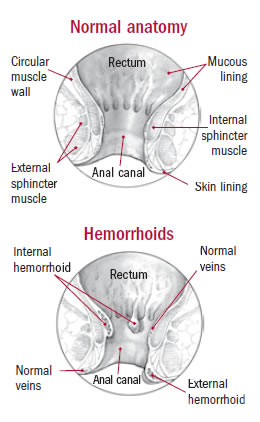
Next Steps: Ready for Relief?
If you’re ready to take action and find relief, consider:
Final Thoughts
No one should have to suffer from hemorrhoid-related discomfort in silence. You now have the knowledge to understand why hemorrhoids might be causing stomach pain and bloating, and you have the tools to take control.
It’s time to feel better — both physically and mentally.









